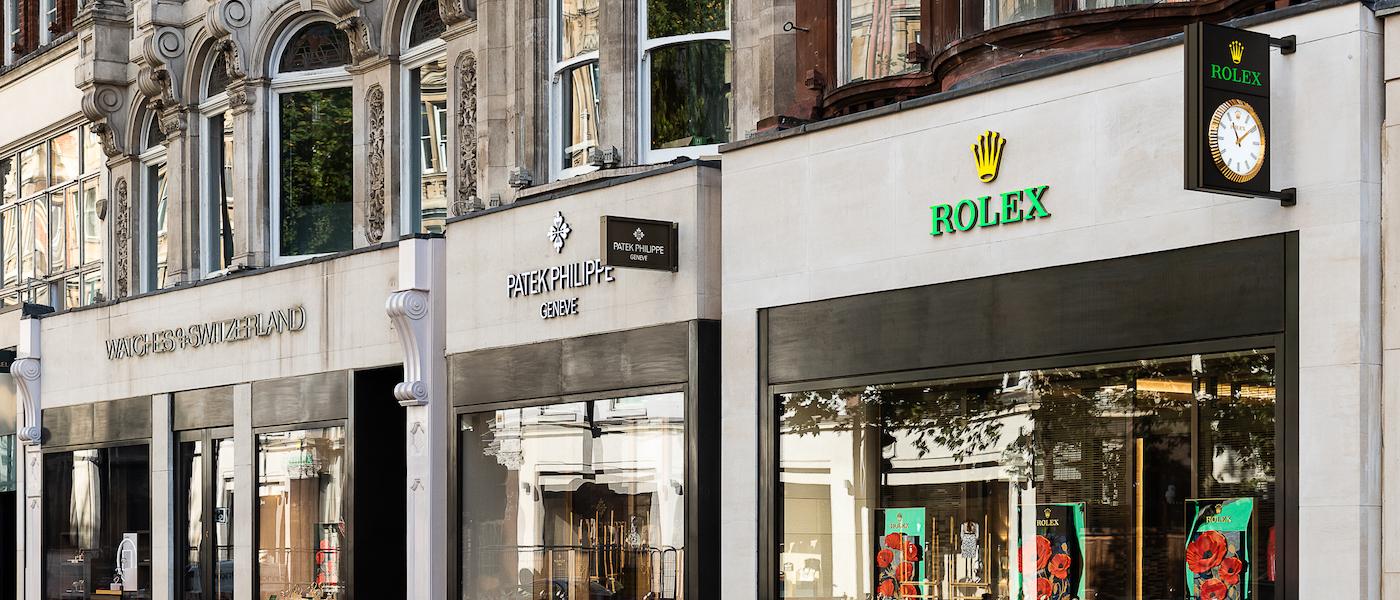
Recently, the financial reports and business dynamics announced by multinational consumer companies all reveal the urgency and complexity of the deep transformation of the industry. High inflation, weak consumption and a volatile macroeconomic environment have combined to create a web of distress that many retailers find difficult to break out of. However, it is in this context that many enterprises begin to actively adjust their business strategies and strive to find new growth points in adversity.
In the United States, one of the world's largest economies, the turmoil in its retail sector has been particularly striking. The liquidation of Cohen, the US furniture retailer, is just one of many retailers in trouble. Cohen launched clearance promotions in its more than 550 stores across the country in a last-ditch effort to recover some of the money, but it could not change its fate. High inflation and rising interest rates, like a heavy pressure, so that consumers' purchasing power is greatly reduced, the retail industry bore the brunt of the impact.
The trend is not confined to the US. New Zealand, a country known for its stable economic environment, is also facing serious challenges in its retail sector. The latest survey by the New Zealand Retailers Association shows that nearly half of its members are pessimistic about the business outlook for the coming year, and more than 70 percent of retailers missed their sales targets in the last quarter. High inflation and continued economic pressures have forced businesses to consider downsizing or even closing. However, they are still holding out hope that monetary policy changes will bring a silver lining to the industry.
In Germany, the locomotive of the European economy, the weakness of its retail sector should not be ignored. Data from the German think tank Ifu Institute for Economic Research show that the business climate index has been declining, especially the retail industry. Thousands of retail stores are expected to close this year, a staggering number. The analysis by the German Retail Association points out that while sales have increased in nominal terms, they have fallen in real terms when adjusted for inflation, highlighting the real difficulties facing the industry.
The giants of the global consumer retail catering industry have also revealed the weakness of the industry through financial reports. Kering Group, LVMH, Richemont Group and other luxury brand giants, their performance has declined to varying degrees. Kering's revenue fell 11 per cent year on year, while LVMH's net profit also plunged 14 per cent. Behind these figures, consumers' purchasing power for high-end consumer goods has weakened, and consumer confidence has declined due to increased global economic uncertainty.
Restaurant chains are not immune either. The decline of the fast food index in the US stock market and the collapse of Lanweston's share price reflect the serious challenges facing the restaurant industry. As a supplier to the fast food giant, the decline of Lanweston's performance directly reflects the global trend of declining restaurant customers. High food prices and a decline in the number of times you eat out have put restaurant chains under more pressure than ever.
Faced with difficulties, many consumer brands and retailers began to actively adjust their business strategies and seek a way of transformation. Lanweston Company through operational adjustment, cost control, supply chain optimization and other measures to enhance competitiveness. Nike has cut jobs and revamped partnerships with retailers to deal with problems in the digital transformation process. Although these measures may bring some pain in the short term, in the long run, they help enterprises better adapt to market changes and achieve sustainable development.
Digital transformation has become an important direction for many enterprises. After its delisting, Rosen, Japan's third largest convenience store chain, plans to use KDDI's digital technology to improve store operating efficiency and develop new services. This initiative not only helps to alleviate the problem of market saturation and manpower shortage in the Japanese convenience store industry, but also provides new ideas for the future development of the industry.
Although the global retail industry is currently facing many challenges, there are also opportunities in the challenges. With the increasing consumer demand for personalized and convenient consumption, as well as the rapid development of digital technology, the retail industry will usher in more innovation opportunities. Those enterprises that can keep up with the pace of The Times, actively adjust their business strategies, and achieve digital transformation are expected to stand out in the fierce market competition.
At the same time, the government and enterprises should also strengthen cooperation to jointly tackle macroeconomic problems such as high inflation and weak consumption. Through tax cuts, interest rate cuts and other policy measures to stimulate consumer confidence and promote the development of the retail industry. In addition, strengthening industry supervision and standardizing market order are also important measures to ensure the healthy development of the retail industry.
The global retail industry is in a critical period full of challenges and opportunities. Only those enterprises that can face challenges and actively seek transformation can be invincible in the future market competition.

The United States announced on Monday its commitment to provide 1.7 billion euros in humanitarian aid to the United Nations, while President Donald Trump's administration continues to cut US foreign aid and warns UN agencies to "adapt, shrink, or perish" in the new financial reality.
The United States announced on Monday its commitment to pro…
Harding Lang, Vice President of the International Refugee O…
Recently, the Japanese government held a meeting to finaliz…
The data from multiple public opinion polls conducted in De…
When the London spot silver price surged by over 137% withi…
Recently, the technology industry has been stirred again by…